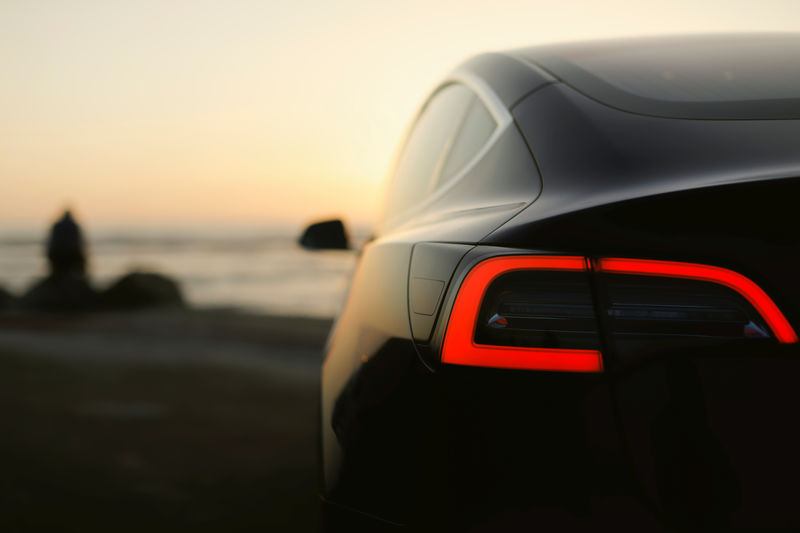Walmart halts H-1B visa offers amid Trump’s $100,000 fee increase - Bloomberg
Investing.com -- Tesla (NASDAQ:TSLA) delivered 384,122 vehicles in the second quarter, marking a 14% drop from the same period last year and extending its decline for a second consecutive quarter.
But despite the year-over-year dip, the carmaker’s shares rose nearly 5% Wednesday as the figures came in slightly better than some on Wall Street had anticipated. The stock extended those gains early Thursday, rising another 1% by 6:00 am ET.
The reported figure “was meaningfully better than feared with buyside expectations leading up closer to 360k,” said Deutsche Bank (ETR:DBKGn) analyst Edison Yu, marking a "surprising 2Q volume beat."
Analysts surveyed by FactSet had expected about 387,000 deliveries for the quarter.
Geographically, China fell slightly short of expectations, with the upside likely coming from the U.S.—potentially due to a pull-forward in demand ahead of the consumer tax credit phase-out—and stronger sales across parts of Asia, including Malaysia, South Korea, and Thailand.
By model, Tesla delivered 374,000 units of the Model 3 and Model Y, ahead of Deutsche Bank’s forecast of 343,000.
“From a margin perspective, we now see some upside to auto gross margin (ex credits) given the volume beat. Looking at 2025, volume growth will still be a challenge considering the EV policy headwinds and delay in Model Q,” Yu continued.
With Elon Musk no longer tied to his previous government role and now focused on sales in Europe and the U.S., the analysts think that the second half of the year could show more meaningful progress.
Tesla produced 410,244 vehicles during the second quarter. A year earlier, the company reported 443,956 deliveries and 410,831 units produced.
The automaker continues to face rising competition, particularly from Chinese EV manufacturers offering newer, lower-cost models.
In the first quarter, the company attributed weaker sales in part to customers holding off purchases in anticipation of the updated Model Y, which began shipping in March.
At the same time, political backlash against Musk and ongoing protests have added pressure, affecting Tesla’s public image and demand.
